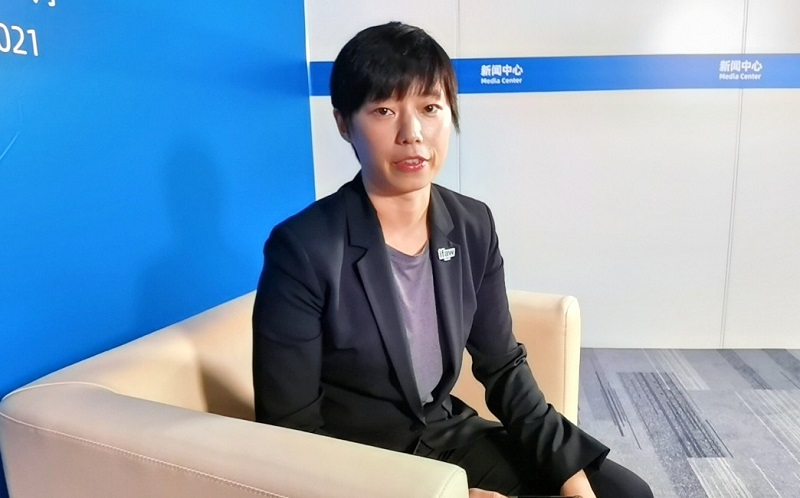With the ecological civilization highlighted at the ongoing 15th meeting of the Conference of the Parties (COP 15) to the Convention on Biological Diversity, animal protection has drawn a lot of attention from attendees.
China Today interviewed YK Ma, a program manager with International Fund for Animal Welfare (IFAW), one of the largest animal welfare and conservation charities in the world, which works to rescue individual animals, safeguard animal populations, preserve animal habitats, and advocate for greater animal protection.

YK Ma, program manager with International Fund for Animal Welfare (IFAW)
In the interview, Ma indicated that she had read through the white paper Biodiversity Conservation in China newly released by China’s State Council Information Office. She is quite impressed by China’s emphasis on further enhancing law enforcement and regulations on biodiversity conservation, which is also her concerns during the COP15.
According to the white paper, biodiversity conservation has been elevated to a national strategy in China. And the government is making unremitting efforts to formulate and improve policies, laws, and regulations on biodiversity conservation, and has drafted mid- and long-term programs and action plans to provide institutional guarantees for biodiversity conservation and management.
“I think this is very relevant and important to our work. Because we know that clear laws need to be combined with strict enforcement in order to make the law meaningful. Over the past several years, we have seen China take very significant steps to strengthen regulations against illegal wildlife trade, and it has also enhanced its enforcement, especially in carrying out cross-border and cross-regional collaboration,” said Ma.
She pointed out that the trans-department, cross-region, and cross-border joint actions taken by China to crack down on the trafficking of rare and endangered wildlife have played an important role in deterring illegal wildlife trading. She strongly supports China’s zero-tolerance policy toward illegal activities involving wildlife.
She indicated that IFAW expected China to play a leading role in regional cooperation in this field, so as to truly establish the cross-continental network against illegal wildlife trade. IFAW also expected that the Chinese government would further strengthen related regulations and clarify the different roles and responsibilities of respective stakeholders.
“For IFAW, we look forward to supporting this process, and also facilitating dialogues between enforcement agencies, regulation agencies, and private sectors to make sure that different partners are aligned under this new framework,” said Ma.